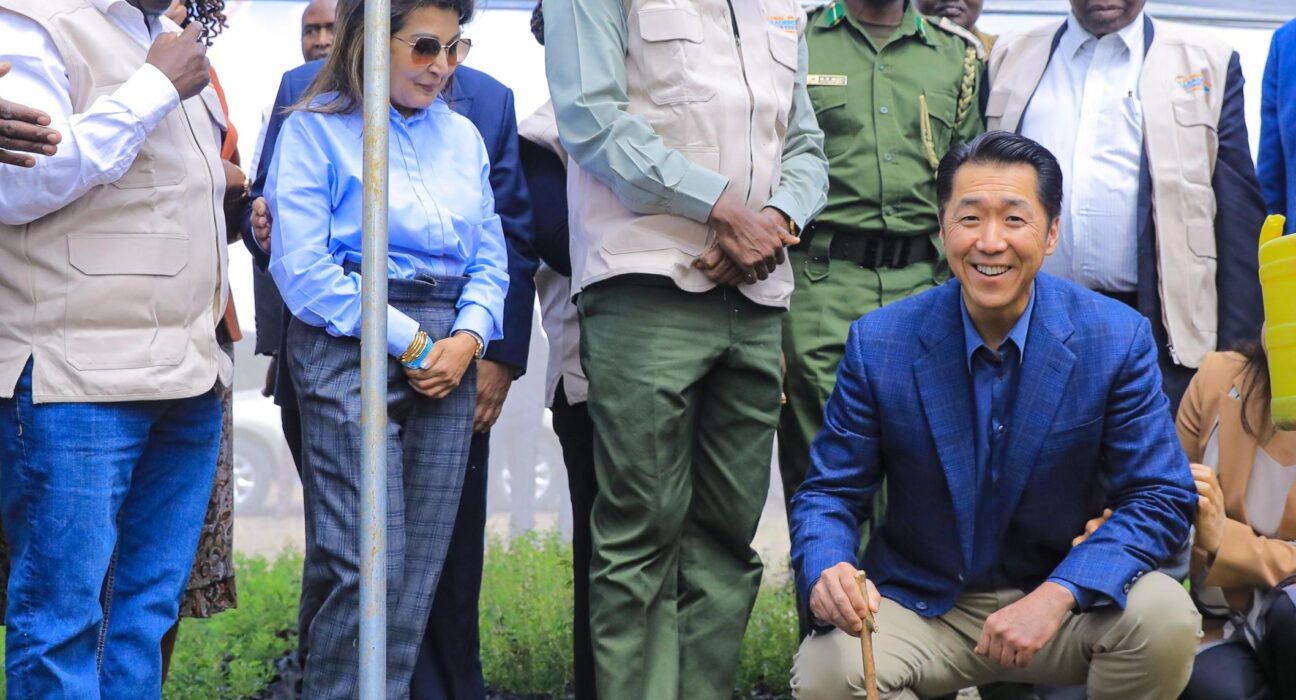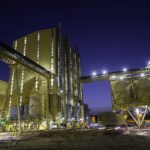In a significant demonstration of environmental stewardship and community involvement, more than 1,000 participants, including hundreds of primary and high school students, gathered at Konza Technopolis in Machakos County to plant 30,000 seedlings. This event, held in June, was part of the Greening Konza Initiative, which aims to create a sustainable ecological future for the developing technology city.
The initiative highlights the importance of partnerships and collective action in environmental conservation. It was one of the key activities during the Global Peace Leadership Conference (GPLC) in Kenya from June 25 to 28, 2024. The event underscored a commitment to an African renaissance through environmental stewardship, peace, and sustainable development. Daniel Juma, Executive Director of the Global Peace Foundation, emphasized, “Kenyans and Africans, in general, are encouraged to invest in the green transition as part of the continent’s renewal and renaissance story. The ecological future of Africa depends on the active participation and commitment of its people to sustainable practices and environmental conservation.”
Konza City, often dubbed Africa’s Silicon Savannah, has allocated 1,200 acres for parks, green, and open spaces, reflecting its commitment to balancing technological advancement with environmental sustainability. These green spaces are envisioned to be the city’s lungs, providing essential ecological benefits and enhancing the quality of life in the semi-arid region.
Gitonga Mugambi, Principal Secretary of the State Department of Forestry, described the Greening Konza Initiative as an ambitious plan to improve Machakos County’s tree cover, which currently stands at a mere 2.5%. “Each tree that we grow at Konza Technopolis symbolizes hope, growth, and the promise of a better tomorrow. Our objective is to help grow the national tree cover to 30 percent by the year 2032. For Machakos County, this means we need to grow an average of 290 million trees in the next ten years or 29 million trees annually,” Mugambi explained. Since January 2024, the county has planted 2 million trees, but significant contributions are still needed to meet this year’s target.
Several organizations have partnered with Konza City to support this ecological initiative. The Chandaria Foundation, in collaboration with Mama Doing Good, has committed to planting 45 million trees at Konza to help achieve the Kenyan government’s target of 15 billion trees by 2030. Additionally, the Earth-keepers Foundation, led by Dr. Manish Shah, has donated 50,000 bamboo seedlings, aiming to plant 2 million trees at Konza as part of their larger campaign to plant 1 billion trees across Kenya by 2030. Rotary International has also pledged to plant 500 million trees by 2030, working alongside the Global Peace Foundation and the Chandaria Foundation.
In an innovative move, Konza City has partnered with the University of Nairobi to establish ethno-botanical gardens. This pilot project aims to leverage African indigenous knowledge and modern technology to extract natural and essential oils for use in medicine, treatments, and food, highlighting the potential for botanical resources to contribute to economic development and healthcare improvements.
Despite these efforts, it is estimated that only about 60% of tree seedlings survive, primarily due to a lack of care and challenges posed by wildlife and human interference. Dr. Josephine Ojiambo emphasized the need for effective strategies to improve seedling survival rates, including better irrigation methods, protective measures against wildlife, and community education on tree care. “Reducing these losses is crucial for ensuring the long-term success of reforestation initiatives,” she said.
The story of Konza’s ambitious green transformation is a testament to the power of unity and shared responsibility in preserving our environment for future generations and restoring balance to nature. Through these collective efforts and strategic partnerships, the vision of a green, sustainable, and thriving ecology at Konza City can be realized.





